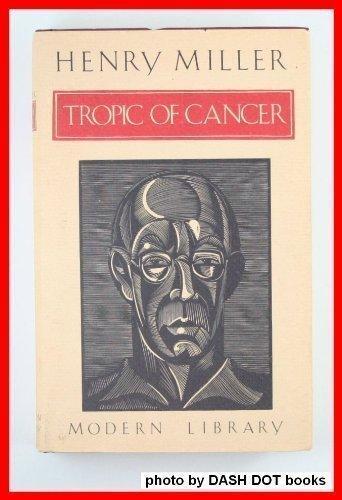
Tropic of Cancer
还没有评分
Science Fiction
Biography
Action & Adventure
+1
more
格式
精装书
页数
321
语言
英语
已发布
Jun 12, 1983
出版商
Modern Library
版本
First Edition
ISBN-10
0394604350
ISBN-13
9780394604350
描述
Henry Miller's work stands as a vivid and unfiltered exploration of life, as he navigates the bohemian streets of Paris in the early 20th century. Steeped in raw honesty, the narrative captures his journey through the complexities of love, art, and existential reflection. With each page, he invites readers into his world, filled with encounters that challenge both societal norms and personal belief systems.
Miller's writing style is marked by a stunning blend of poetic expression and candid storytelling, immersing readers in the hedonistic experiences that shaped his artistic identity. The rawness of his prose is often juxtaposed with profound philosophical musings, creating a rich tapestry of thought that resonates with the struggles of the human spirit. His reflections on sexuality, creativity, and the search for meaning push the boundaries of conventional literature.
Anaïs Nin's preface serves as an insightful gateway to Miller's world, amplifying the emotional weight of his prose. Through her lens, readers gain a deeper understanding of the man behind the words and the time in which he lived. Together, they encapsulate a transformative era, making the narrative a powerful examination of both personal and artistic liberation.
Miller's writing style is marked by a stunning blend of poetic expression and candid storytelling, immersing readers in the hedonistic experiences that shaped his artistic identity. The rawness of his prose is often juxtaposed with profound philosophical musings, creating a rich tapestry of thought that resonates with the struggles of the human spirit. His reflections on sexuality, creativity, and the search for meaning push the boundaries of conventional literature.
Anaïs Nin's preface serves as an insightful gateway to Miller's world, amplifying the emotional weight of his prose. Through her lens, readers gain a deeper understanding of the man behind the words and the time in which he lived. Together, they encapsulate a transformative era, making the narrative a powerful examination of both personal and artistic liberation.